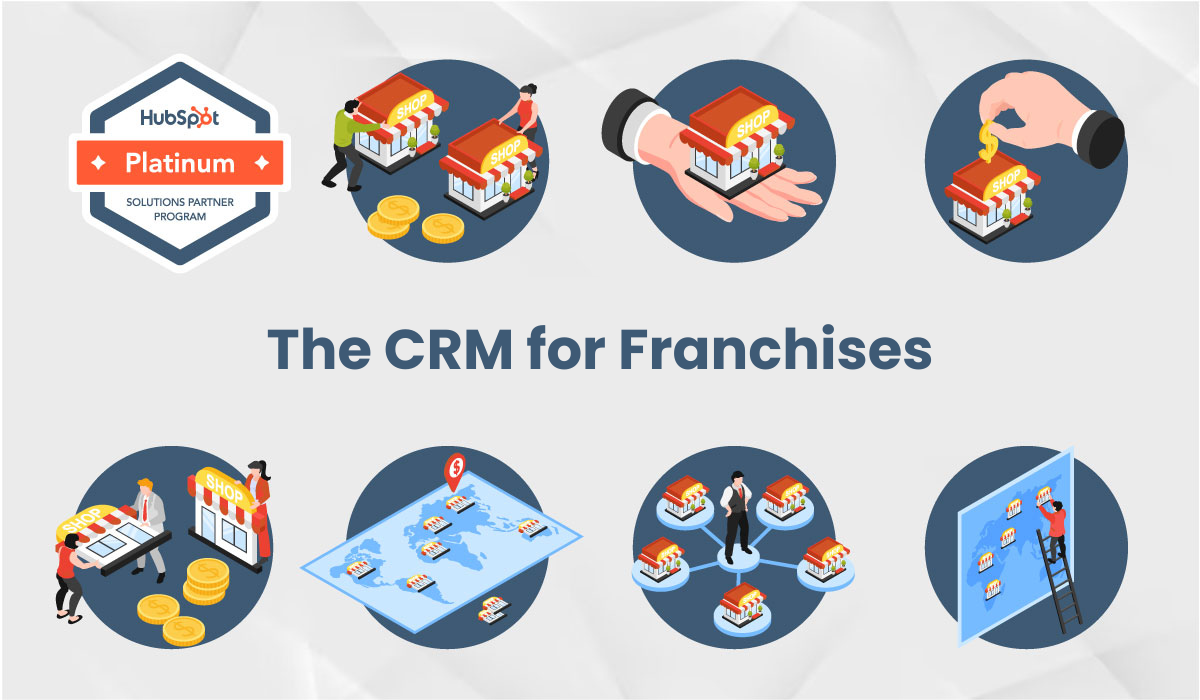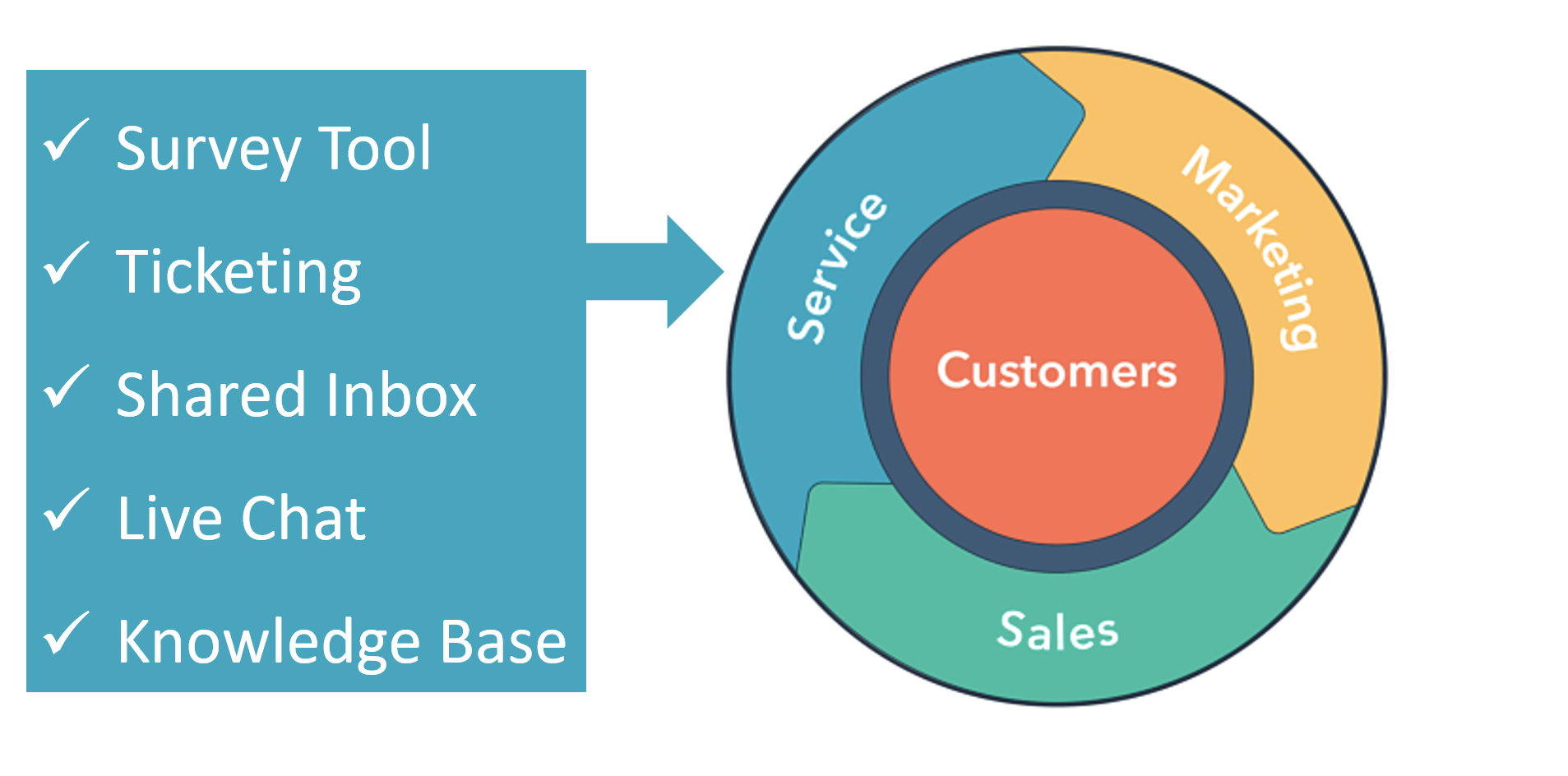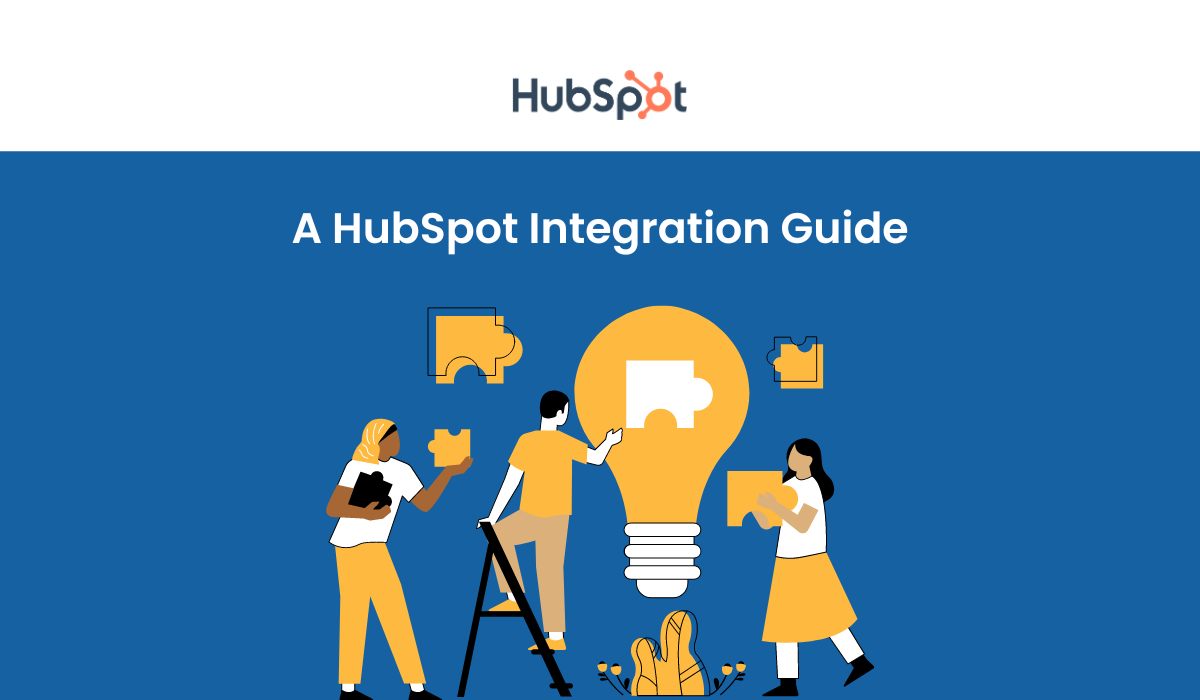How CRM Training Unlocks Your Sales Team's Full Potential
Is your sales team struggling to use the CRM tools meant to make their work easier? Whether you’ve already invested time and money into a CRM, or you’re onboarding to a CRM for the first time, it’s time to prioritize CRM training. CRM training sets the foundation for your team to utilize sales tools and share crucial feedback, and will help your organization maintain a high CRM adoption rate.
Why implement a CRM in the first place?
Before we dive deeper into CRM training approaches, let’s take a quick look at what your team can gain from effective CRM implementation.
Unsupported sales and marketing teams often struggle with misalignment, disorganized data, time consuming manual processes, and inadequate tools for lead nurturing, outreach, and performance monitoring. When used correctly, a CRM:
- Empowers sales and marketing teams with a single source of truth
- Streamlines daily processes
- Drives informed decision making with clear, accurate, and complete data
- Helps sales teams prioritize high-value opportunities
- Aligns sales with marketing to deliver a seamless customer journey
Ultimately, this leads to better lead nurturing, stronger collaboration, and more deals closed in less time.
Still deciding on a CRM? Compare top CRMs.
The Problem With Poor CRM Adoption
It’s no secret that CRMs help sales teams meet their goals, with businesses seeing a 29% increase in sales productivity when effectively using a CRM. But that success rate means nothing for businesses who struggle to achieve high CRM adoption across their organization. Ultimately, low adoption rates cause over 60% of CRM implementations to end in failure, meaning the majority of businesses who purchase CRM software don’t end up effectively utilizing their subscription.
The good news is that it’s easy to avoid a failed implementation and reap the benefits of a CRM if you set up your team for successful adoption. CRM training is the first step to ensuring everyone on your team makes the most of the tools available to them.
How does CRM training drive sales success?
A 2024 HubSpot report shows that teams with sufficient CRM training achieve up to 245% in revenue growth. CRM training gives your sales team the knowledge and confidence to utilize your CRM to its full potential, meaning better usage of CRM tools and access to more accurate data. With proper training, your sales team will be better equipped to achieve the following improvements.
Streamline daily processes
Most CRMs offer automation tools that work to cut down on repetitive tasks. Common features like task creation, lead rotation, meeting scheduling, followup-sequences, and automated workflows streamline processes and free up more time for your sales team to focus on strategy and outreach.
Why training helps: Automation is a game-changer that requires up-front setup in order to truly make an impact. It’s easy for new CRM users to stick to their comfort zone with manual approaches and avoid investing the initial time necessary to leverage automation. With team-wide training, key players in your CRM implementation plan will receive guidance in setting up pivotal automations, and sales reps will gain the confidence needed to transition to these new approaches.
Leverage AI
Leading CRMs are increasingly offering AI tools directly within their platforms. Already useful resources on their own, AI features like predictive data analytics, custom reports, data enrichment, and content generation become even more powerful when integrated within a CRM. Smart CRMs with AI functionality provide a built-in knowledge of your company’s customer data, making it easier for sales reps to leverage AI for prospecting, lead nurturing, and closing deals.
Why training helps: With AI growing an increasing role in business processes, it’s crucial to maintain responsible AI usage. CRM training will support your employees in exploring useful CRM AI features while maintaining company security, data integrity and top quality material whenever using generative AI.
Make more informed decisions
When properly set up, a CRM can function as a single source of truth for all of your business data, paving the way for insightful reports that help your sales team make pivotal campaign decisions. Top CRMs offer custom report features that allow you to configure reports based on your unique sales goals, KPIs, data sources, and campaigns.
Why training helps: In order to achieve insightful, actionable reports, you need high quality data. The more your team uses your CRM as a hub for all of your business activities, the more data you’ll build up in your CRM. With adequate training, your sales team can contribute to keeping lead and customer data organized and detailed, fueling continued growth for your campaigns.
Personalize outreach
Many sales reps struggle to balance personalized outreach communications with time restraints. With automation, AI, and better data at your disposal, your team will unlock new opportunities to create highly tailored sales outreach without sacrificing valuable time. For example, automated content personalization draws from your CRM data to create unique messages to each contact your sales team interacts with. Other personalization tools in your CRM might include informed meeting prep, AI-driven sales pitch development, and easy-to-create proposals.
Why training helps: Effective and thoughtful sales outreach always requires a human touch. CRM training will help your sales reps learn to fully utilize AI-driven personalization tools without compromising the quality of their outreach efforts.
Align with your marketing team
It’s crucial to maintain alignment with your marketing team in order to achieve your sales goals. When sales and marketing work in close communication, you’ll foster a better buyer journey, and ultimately convert more leads.
Why training helps: CRM training not only equips your entire business with the knowledge and skills necessary to utilize CRM tools, but it fosters a community environment during training. With your sales team, marketing team, and all other team members who will be using your CRM participating in training, you’ll see more collaboration and idea sharing.
Close more deals, faster
Businesses can expect to see a 32% faster sales cycle when providing continuous CRM training to employees. With your entire team on board, you’ll see better organization, more efficient workflows, quicker turnaround, and increased momentum across every step of your sales cycle.
What effective CRM training looks like
In order to drive CRM adoption rates, you need a plan that takes the right approach to training. Take the following steps to ensure your training truly resonates with your team’s needs.

1. Complete onboarding & implementation
Don’t jump into training until your new CRM infrastructure is fully implemented. Your team will get more out of their training if you’ve already migrated all of your existing business data into your CRM, set up any necessary automations, and integrated other necessary tools, such as email platforms, marketing software, or customer support systems.
Trouble with the implementation process? Check out our CRM implementation tips.
2. Host skills-focused training sessions
Not everyone on your team will be using your CRM for the same purposes, so it’s ideal to divide up training sessions by team skillset. At kickoff, you can host general training sessions that help familiarize everyone with the CRM’s interface and basics. Depending on how large your team is, consider dividing followup training by employee roles. For example, your sales leads may require more in-depth training for pipeline management, forecasting tools, and advanced reporting dashboards, while entry-level sales reps might need to focus more on learning the ins and outs of contact management, lead tracking, and activity logging.
3. Offer ongoing support
Maintaining consistency is key to making sure everyone on your team remains dedicated to embracing your new CRM. During onboarding and training, make sure there’s someone available for troubleshooting, whether that’s an in-house CRM expert or an agency hired to provide training.
4. Listen to user feedback
Although CRMs are powerful tools, it’s always important to put people first, not the software. When issues arise, listen to your team’s feedback. If you’re hearing from multiple sales reps that a specific process within your CRM simply isn’t working for them, it might be time to tweak that process and explore new ways to leverage the tools you have available.
5. Adjust when necessary
A good CRM should be positioned to scale alongside your business. Institute monthly or bi-monthly team check-ins after implementing a new CRM. If you’re working with a support agency or representative from your CRM provider, they should be available to meet with you periodically and offer solutions suited to your business needs as operations grow.
What ROI to expect from training
Investing in CRM training is more than a one-time effort—it’s a long-term strategy to empower your team, drive adoption, and maximize the ROI of your CRM platform. CRM users have seen as much as $4.53 back on every dollar spent on CRM training. Trained employees are more likely to stay engaged with your CRM, perform better, and ensure you’re making the most out of your CRM subscription.
Ready to set your sales team up for success?
Whether you’re starting fresh or looking to improve your existing CRM usage, partnering with a CRM expert ensures your team gets tailored, role-specific training and ongoing support to unlock their full potential. This means faster adoption, fewer mistakes, and a higher return on your CRM investment.
We’re here to answer your questions about the next steps.






